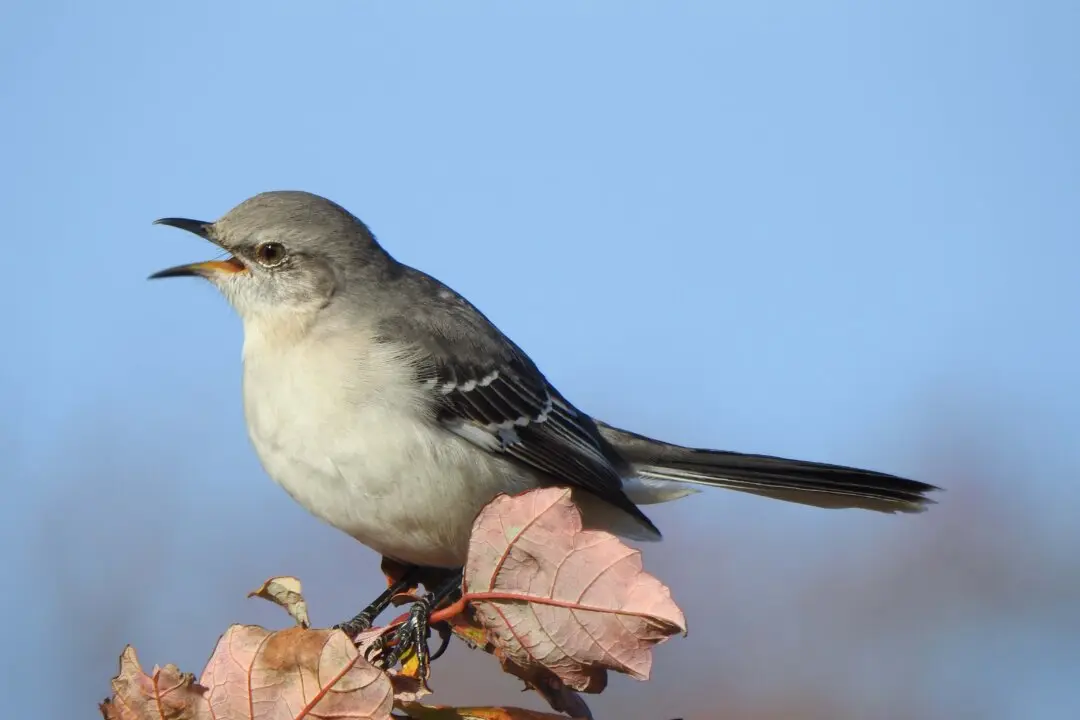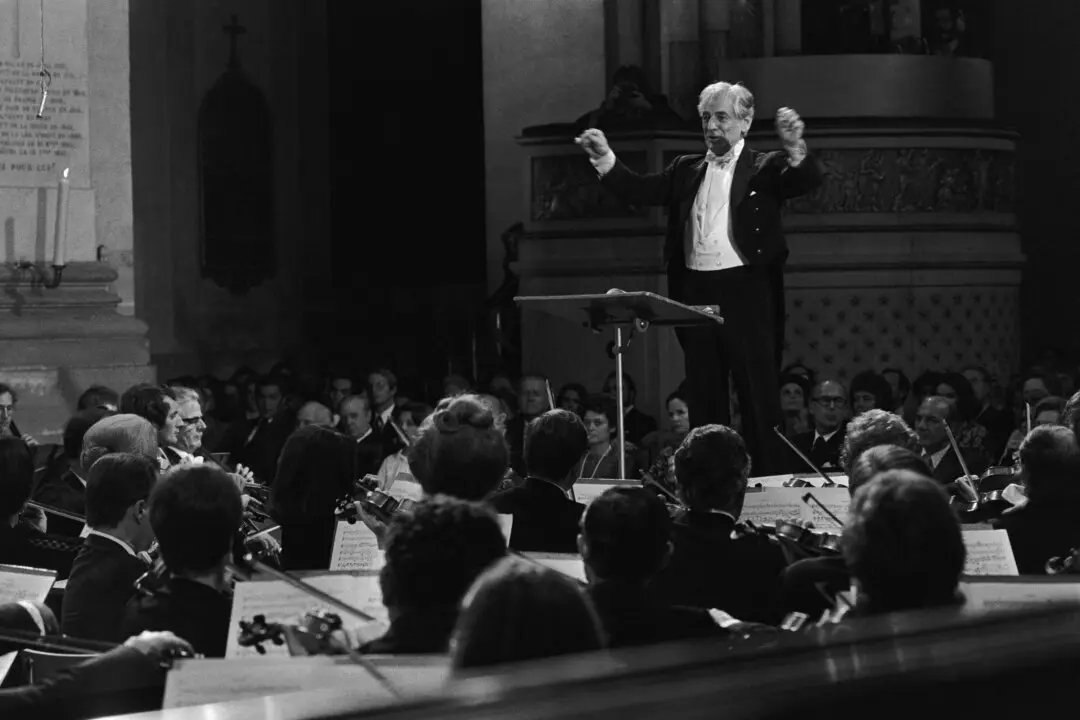Even though musician John Denver didn’t have the lyrics memorized yet, he walked onto the small stage at the Cellar Door, an intimate music club in the quaint Georgetown neighborhood of Washington, D.C., on December 30, 1970, and sang a new song he'd finished co-writing the night before. As he made his way through the words, written down on a piece of paper and taped to his microphone stand, he could feel the energy of the crowd rise. By the end of the song, the room was engulfed in a thunderstorm of applause. Denver knew he had something special.
With the first live performance of “Take Me Home, Country Roads” at that little club, Denver catapulted his music career into the national spotlight.





